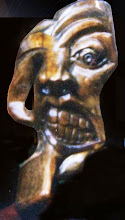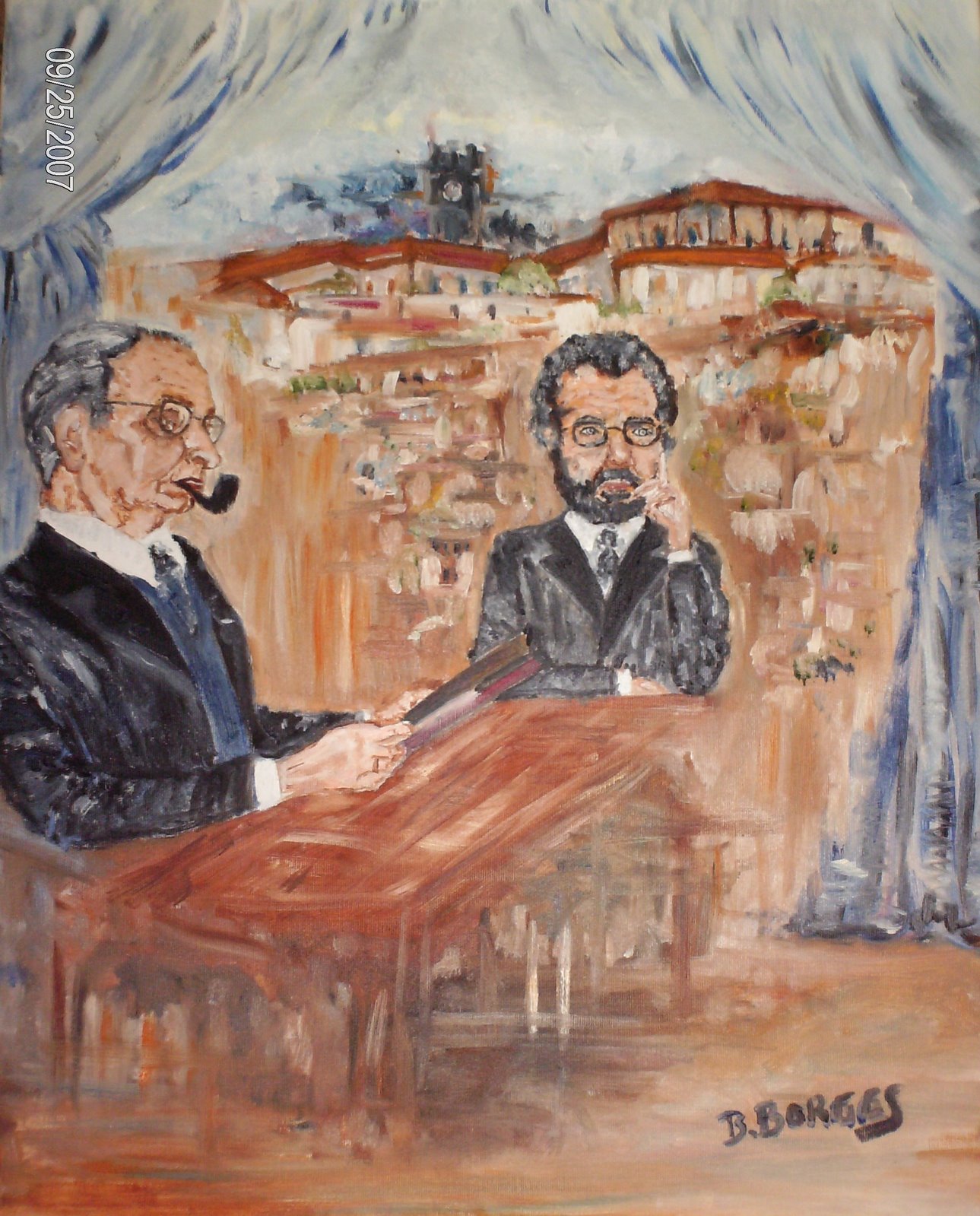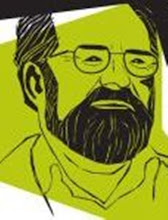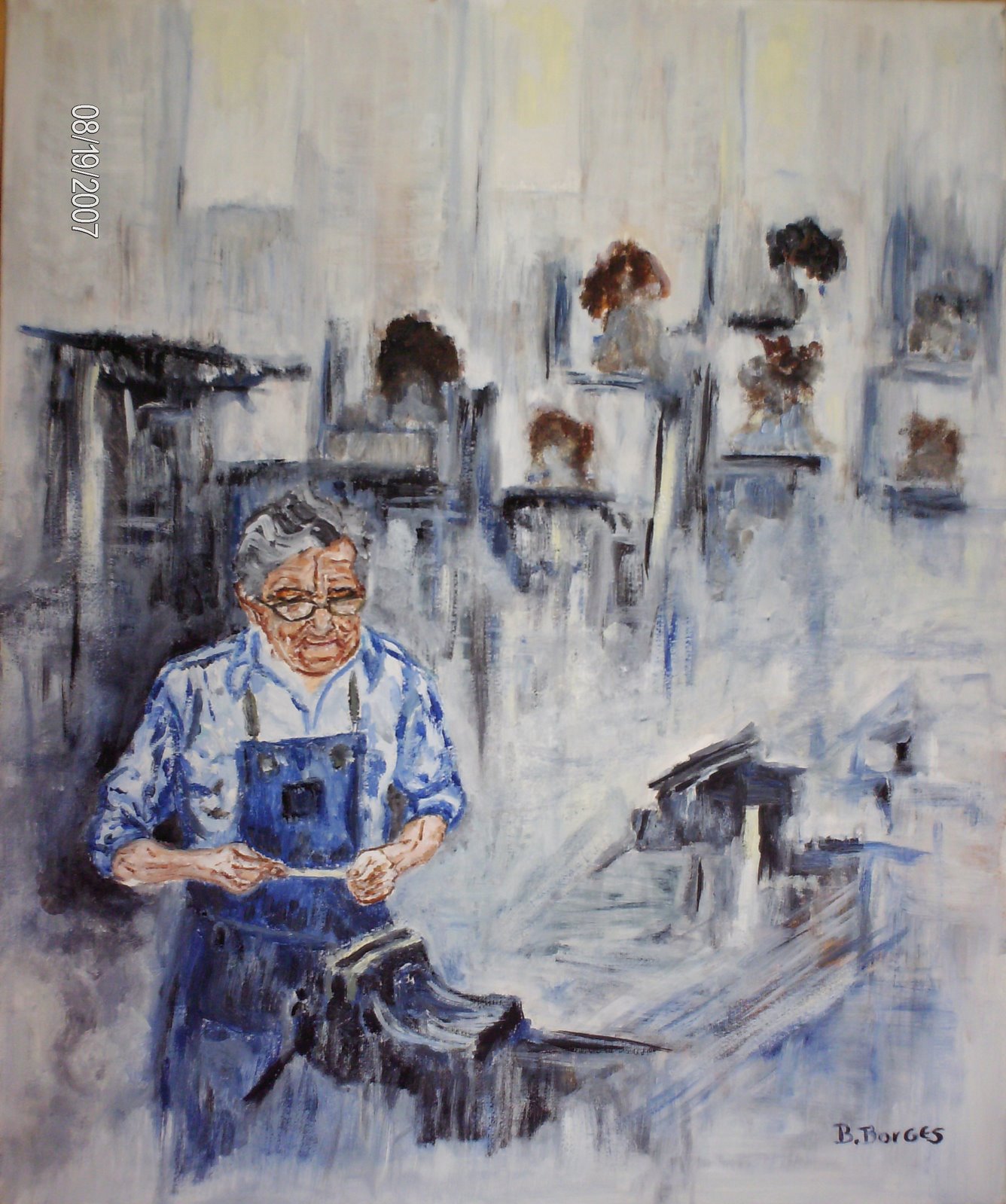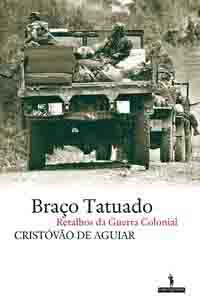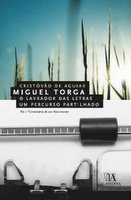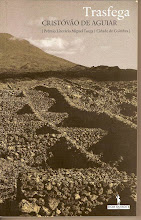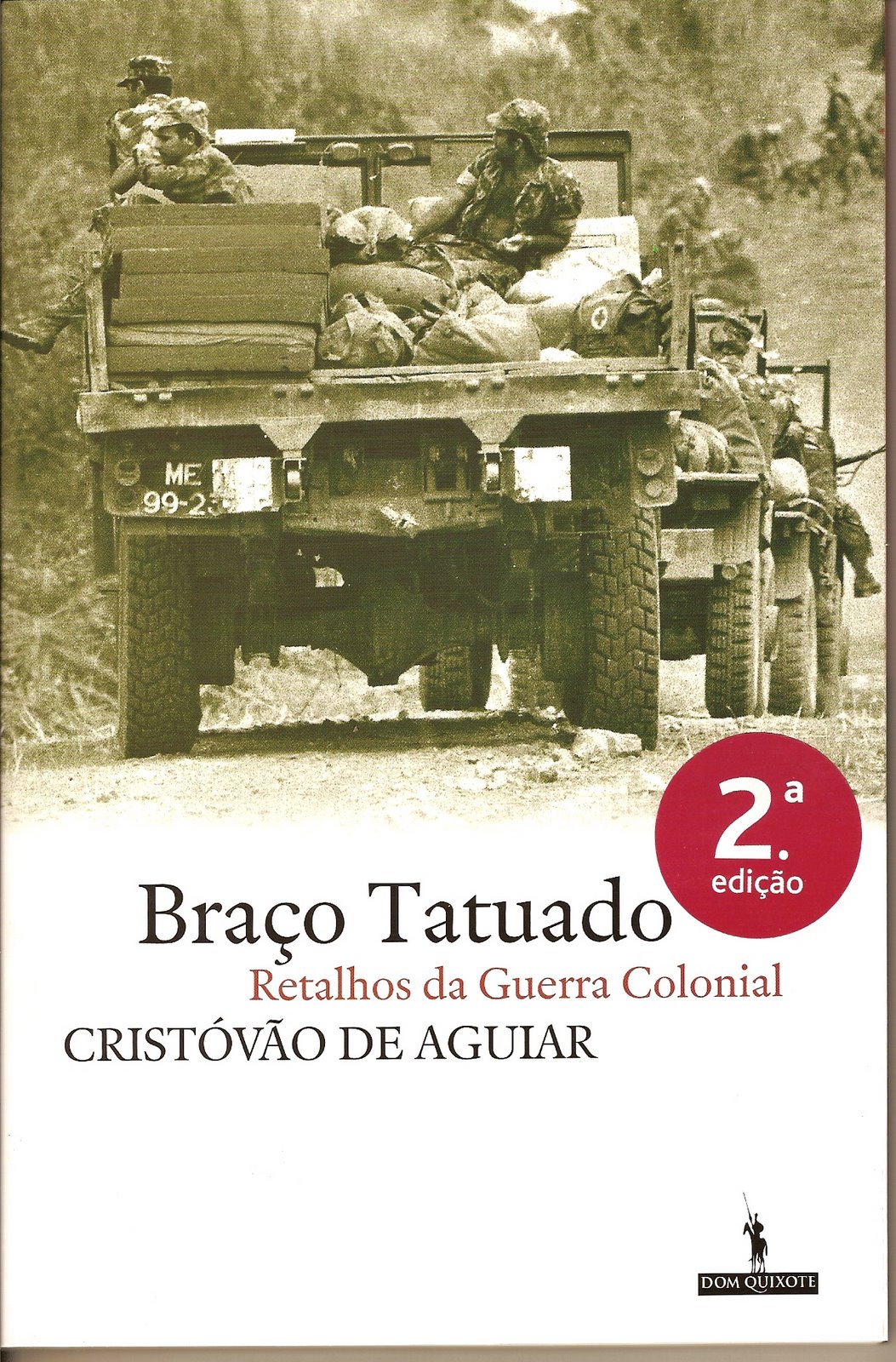sexta-feira, 11 de janeiro de 2013
Contuboel, 11 de Janeiro de 1967. Relação de Bordo, diário ou nem tanto ou talvez muito mais.
Publicado por
Lapa
às
11:59:00
0
comentários
![]()
Secção: Guerra Colonial, GUINÉ, Relação de Bordo I
quinta-feira, 3 de janeiro de 2013
RELAÇÃO DE BORDO. 1964/1988
CRISTÓVÃO DE AGUIAR
Publicado por
Lapa
às
17:10:00
1 comentários
![]()
Secção: COIMBRA, Relação de Bordo I
sábado, 8 de dezembro de 2012
A Câmara Municipal de Coimbra, depois de ter aprovado por unanimidade na Assembleia Municipal a posse administrativa do Stand/ Sucateira já removeu as sucatas. A Estrada de Eiras está muito mais limpa. Só falta a demolição e a reposição do terreno na configuração original.
Publicado por
Lapa
às
13:52:00
5
comentários
![]()
Secção: ; COIMBRA, CÂMARA MUNICIPAL DE COIMBRA URBANISMO, ILEGALIDADES, Notícias
sábado, 13 de outubro de 2012
quarta-feira, 26 de setembro de 2012
SPORTING: OS CINCO VIOLINOS, IN CICLONE DE SETEMBRO de CRISTÓVÃO DE AGUIAR, página 102. 1985. Editorial Caminho.
Publicado por
Lapa
às
15:31:00
0
comentários
![]()
Secção: Ciclone de Setembro, Cultura, curiosidades, Sporting, Textos avulso
sábado, 22 de setembro de 2012
quinta-feira, 14 de junho de 2012
Catarse de Cristóvão e Francisco de Aguiar, versão inglesa.
Publicado por
Lapa
às
12:00:00
0
comentários
![]()
quarta-feira, 13 de junho de 2012
Munumento Comemorativo do 8.º centenário do Nascimento de Santo António. Uma escultura de Eugénio Macedo e uma iniciativa de José Manuel de Aguiar e Arlindo Pereira das Neves. 1996
Publicado por
Lapa
às
12:12:00
0
comentários
![]()
Secção: COIMBRA, Cultura, curiosidades, escultura, Notícias, Santo António, Soito Sabugal
quarta-feira, 6 de junho de 2012
Campeão das Províncias. Hoje.
Publicado por
Lapa
às
16:59:00
1 comentários
![]()
Secção: ; COIMBRA, 2012, AÇORES, Notícias, PICO DA PEDRA
terça-feira, 5 de junho de 2012
Açores distingue Cristóvão de Aguiar. Diário de Coimbra, 5 de Junho de 2012
Publicado por
Lapa
às
18:09:00
0
comentários
![]()
Secção: Notícias, Prémios Fundamentação
TANTO MAR
do qual este poema começou a nascer.
Atlântico até onde chega o olhar.
E o resto é lava
e flores.
Não há palavra
com tanto mar
como a palavra Açores.
Manuel Alegre
Pico 27.07.2006








